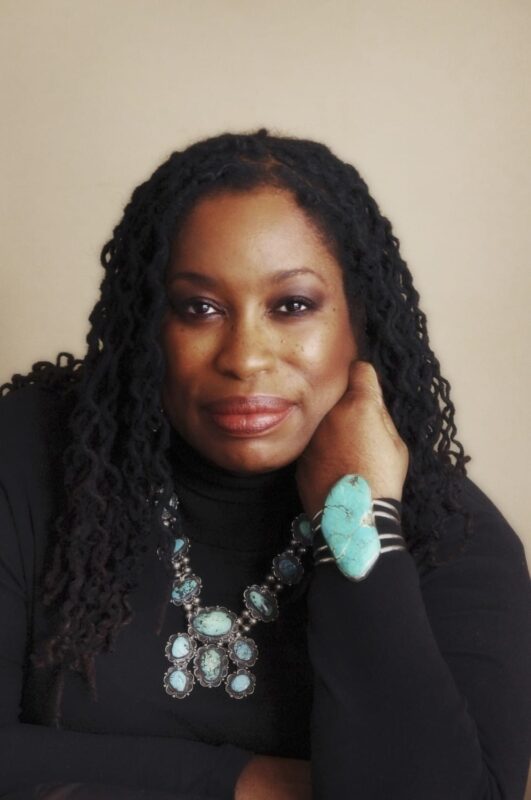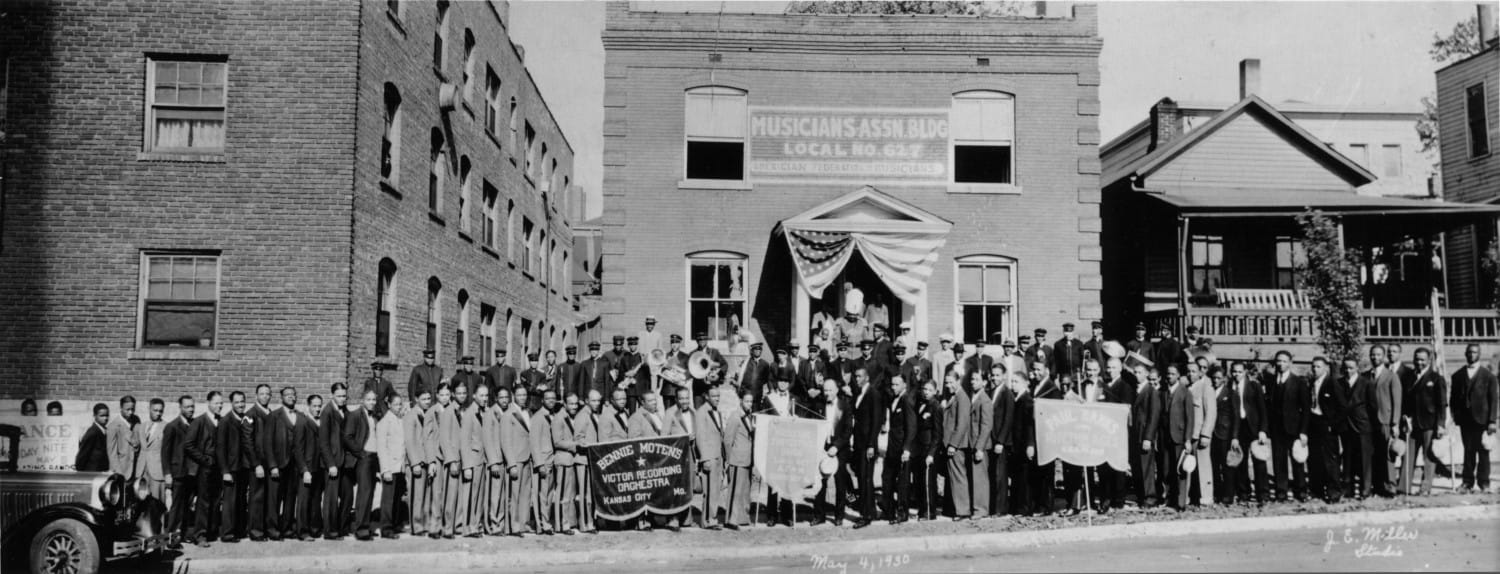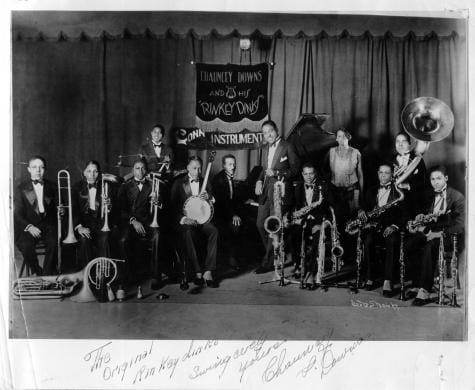A century has passed since the creation of jazz in America and that music has become a creative staple globally.
Kansas City, Missouri, has become the first and only Creative City of Music under UNESCO and as one of the four pillars of creation of the music (New Orleans, New York, and Chicago being the other three), won this prestigious designation because of the genre that came out of the hulls of slave ships and to the streets of segregated cities and will now be studied as an international jazz festival, in 2022.
Kansas City’s UNESCO designation will honor these origins by presenting the first international jazz festival entitled, “The Voyage of the Drum”. Along with the culture and creativity of the music that is the international image of the city, the festival will allow for barriers between diverse cultures to be meshed, residents to retain jobs and businesses because of the increased traffic to urban communities, and an impetus to create more musical “products” that ensure educational opportunities and the preservation of jazz for youth both locally and globally.
The drum represents the principal instrument of humanity, and the “voyage” that brought jazz to the colonies is an area of scholarly study across the globe. Jazz and blues music have their roots in the diaspora of the Middle Passage. This aspect of the only indigenous art form known to the United States is a study that researchers for decades have proclaimed; the enslavement period of the colonies bought Africans with their diverse rhythms and cultural nuances characterized “by swing and blue notes, call and response vocals, polyrhythms and improvisation". Jazz has roots in West African cultural and musical expression, and in African-American music traditions, including blues and ragtime, as well as European military band music. Intellectuals around the world have hailed jazz as "one of America's original art forms". (Wikipedia).
Kansas City’s distinctive style of jazz evolved from blues, ragtime, and concert band music spawning from the area around 18th and Vine in Kansas City, Missouri. Although racially segregated, dozens of nightclubs and African-American-owned businesses thrived there during the first half of the 20th century. Roughly 3 miles in diameter, this “city within a city” served as a cultural epicenter for some of the most influential names in jazz including: Count Basie, and Charlie “Yard bird” Parker, and Mary Lou Williams.
During Prohibition, Kansas City was widely acclaimed as “The Paris of the Plains” largely due to the thriving city run by “Boss” Tom Pendergast – a political official who kept workers employed while sanctioning illegal gambling and nightclubs. During the 1930s and well into the 1950’s, the swing style of Kansas City jazz moved musical audiences worldwide.
The world has many jazz festivals and as Kansas City recognizes its unique presence in the global arts community, the town was “ground zero” for the creation of the Swing Era, and with this, the heritage that surrounds the historic “black district” of 18th and Vine. The “Voyage of the Drum” will direct those thoughts of just “entertainment and tourism” as a focus of jazz festivals, into an approach that includes preservation and education of the origins of the music.
By Anita J. Dixon
Principal-Sage Consultants 816-612-0864
Biography
Anita J. Dixon began her career in tourism in 1992 after starting Passage Unlimited, the Kansas City area’s first full time Heritage Tour Company, servicing the African-American's thirst for their history by providing tours for Black Family Reunions, meetings, and conventions coming to Kansas City. She also consulted on the development of Heritage tourism for the states of Missouri and Kansas and assisted such corporate clients as the Missouri Lottery, American Family Insurance, Missouri Division of Tourism, National Park Service Department of the Interior in their diversity programming. She has worked to pass H. R. 1635, The National Network to Freedom Act, which preserves the sites and history of the Underground Railroad. As a lobbyist in Washington, DC, she presented her urban economic development through tourism strategies to the House and Senate leaders, which culminated in the Bill being passed.
Dixon authored the UNESCO (2017) designation making it the only designated City of Music in the United States and just recently, (2018) completed the process of making musicians an apprentice program under the U.S. Department of Labor for the first time in American history.
Dixon is the recipient of many awards, including Business Woman of the Year, (Black Chamber of Commerce, KC 2005), The National Association of Black Journalists and The Apex Award from the Travel Professionals of Color (2012), Alumni Hall of Fame, Donnelly College- Kansas City, KS. (2014), Historic Kansas City Preservation Award (2018) to name only a few.



